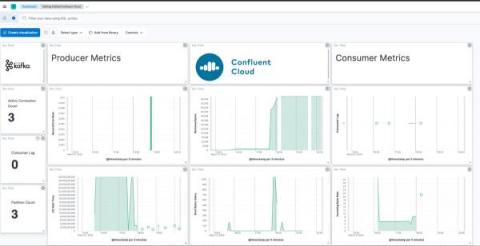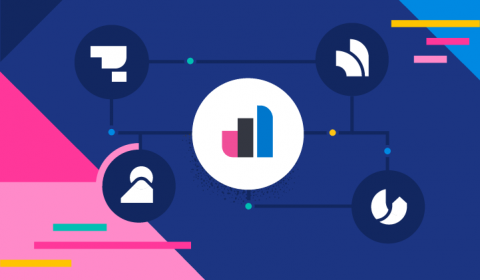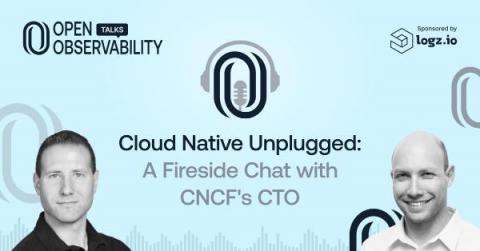Operations | Monitoring | ITSM | DevOps | Cloud
Latest News
How to monitor Kafka and Confluent Cloud with Elastic Observability
The blog will take you through best practices to observe Kafka-based solutions implemented on Confluent Cloud with Elastic Observability. (To monitor Kafka brokers that are not in Confluent Cloud, I recommend checking out this blog.) We will instrument Kafka applications with Elastic APM, use the Confluent Cloud metrics endpoint to get data about brokers, and pull it all together with a unified Kafka and Confluent Cloud monitoring dashboard in Elastic Observability.
How to Cut Through SIEM Vendor Nonsense
If you’re in need of new SIEM tooling, it can be more complicated than ever to separate what’s real and what’s spin. Yes, Logz.io is a SIEM vendor. But we have people in our organization with years of cybersecurity experience, and they wanted to share thoughts on how best to address the current market. Our own Matt Hines and Eric Thomas recently hosted a webinar running through what to look out for titled: Keep it SIEM-ple: Debunking Vendor Nonsense. Watch the replay below.
What is a log analytics solution? A way to find and fix fast!
How do I write a query for log analytics?
Log Analytics pricing
Elastic Observability 8.7: Enhanced observability for synthetic monitoring, serverless functions, and Kubernetes
Elastic Observability 8.7 introduces new capabilities that drive efficiency into the management and use of synthetic monitoring and expand visibility into serverless applications and Kubernetes deployments. These new features allow customers to: Observability 8.7 is available now on Elastic Cloud — the only hosted Elasticsearch offering to include all of the new features in this latest release.
A Fireside Chat with CNCF's CTO on OpenTelemetry (and More!)
KubeCon Europe 2023 will be held in Amsterdam in April, with many exciting updates and discussions to come around projects from the Cloud Native Computing Foundation (CNCF). That’s why I was thrilled to host Chris Aniszczyk, the CTO of the CNCF on the March 2023 episode of OpenObservability Talks. We had a wide-ranging, free-flowing conversation that touched on all things cloud native, observability and the future of our space.
Data Centers: The Ultimate Guide To Data Center Cooling & Energy Optimization
Four Things That Make Coralogix Unique
SaaS Observability is a busy, competitive marketplace. Alas, it is also a very homogeneous industry. Vendors implement the features that have worked well for their competition, and genuine innovation is rare. At Coralogix, we have no shortage of innovation, so here are four features of Coralogix that nobody else in the observability world has.











